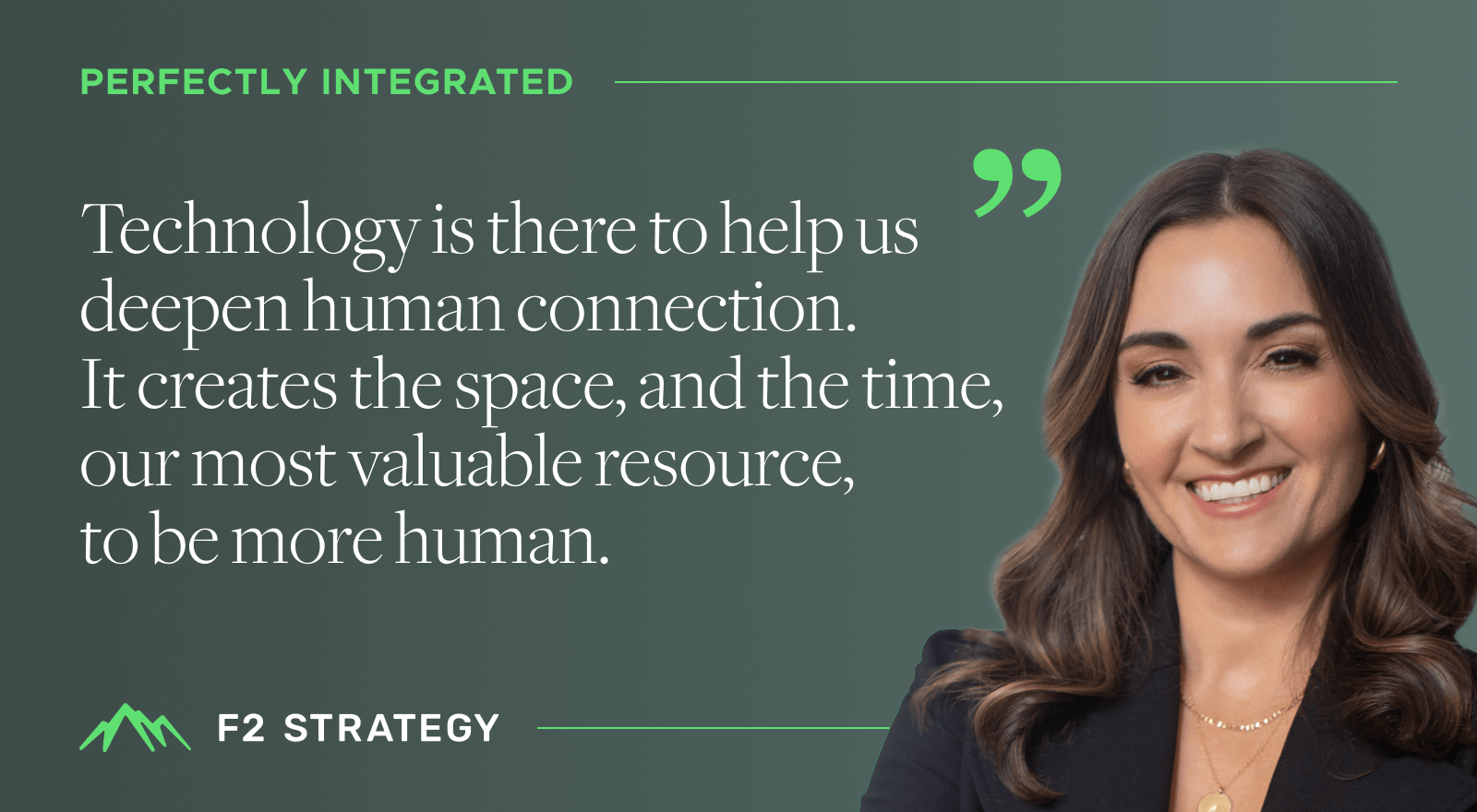
Clean data is a nirvana state. Everyone talks about it, but very few attempt to go for it. Why? It’s hard and takes time and commitment. But we should all strive for it to build a better business, and in fact, the journey for attaining the high level of data quality is as important as the final state.
Garbage In, Garbage Out
We’ve all heard the term “Garbage-in, Garbage-Out (GIGO)” and it directly relates to the quality of data that an organization possesses. What you put in; you’ll get out. You can’t expect to output strong reports, generate powerful proposals, or make sound decisions without good quality data.
As we become more reliant on data to make all our business decisions, it's crucial to understand and address the importance of data quality. Data quality refers to the accuracy, completeness, consistency and relevance of data. Poor quality data can lead to incorrect conclusions and risky decision-making, whereas high-quality data will provide accurate information to generate valuable insights which can lead to effective decision-making.
Data Quality by the Numbers
Data and data quality is something most wealth management and financial industry firms think about often. Numerous surveys generate statistics that highlight both its importance and the struggle to attain it.
- About 88% of organizations in financial services consider data their most valuable asset. Experian 2019
- 42% of financial services organizations struggled with the accuracy and completeness of their data. Deloitte 2020
- 88% of financial services organizations had experienced data quality issues in the past year, with the most common being inaccurate data, missing data and data duplication. Finextra
- Poor data quality is estimated to cost businesses up to 30% of their operating revenue. Data Warehousing Institute
It’s telling that financial services organizations value high-quality data so much, but struggle to attain it.
Sign up to get industry insights delivered directly to your inbox
Improving Data Quality Yields Powerful Results
There are many compelling reasons for improving your organization’s data quality.
- Sound decision-making—high-quality data enables stakeholders to make informed decisions. Inaccurate data can lead to incorrect conclusions, which can have devastating consequences.
- Cost savings—poor data quality can be costly, as it can lead to project delays, product recalls, wasted resources and other expenses.
- Increased efficiency—high-quality data enables organizations to streamline their operations and increase efficiency.
- Compliance—regulatory authorities require companies to maintain accurate and complete records, therefore poor data quality can lead to penalties and fines.
- Improved customer satisfaction—high-quality data allows organizations to provide better customer service by understanding their customers' needs and preferences.
Investing in a Data Quality Strategy
Many of the firms who said they struggle with data quality in the surveys cited above don’t have to. Achieving a high level of data quality requires a strategy that includes both people and technology. Here are five ways your organization can improve its data quality:
- Document data processes—ensure that everyone understands their roles and responsibilities in maintaining data quality.
- Data cleansing—identify and correct errors in data such as duplicate entries, incomplete data and inconsistent formatting.
- Data governance—establish a framework that ensures data is managed according to standards and policies.
- Automation—use technology tools to help streamline data management processes and reduce the risk of manual errors.
- Data verification—put checks and balances in place to ensure the integrity of data.
Better Data, Better Decisions, Better Results
Improved data quality is essential for making informed decisions and driving business growth. Contrary to that, poor data quality creates or leads to significant business and reputational risk. Organizations should prioritize implementing strategies to achieve high-quality data.
For expert support turning your data into quality data that drives improved and informed business decisions, get in touch.



.png)


